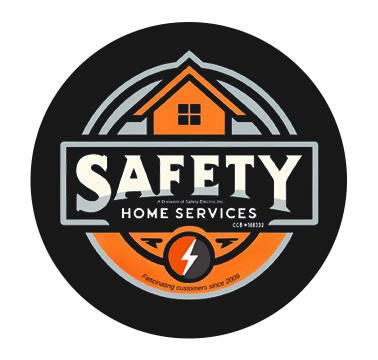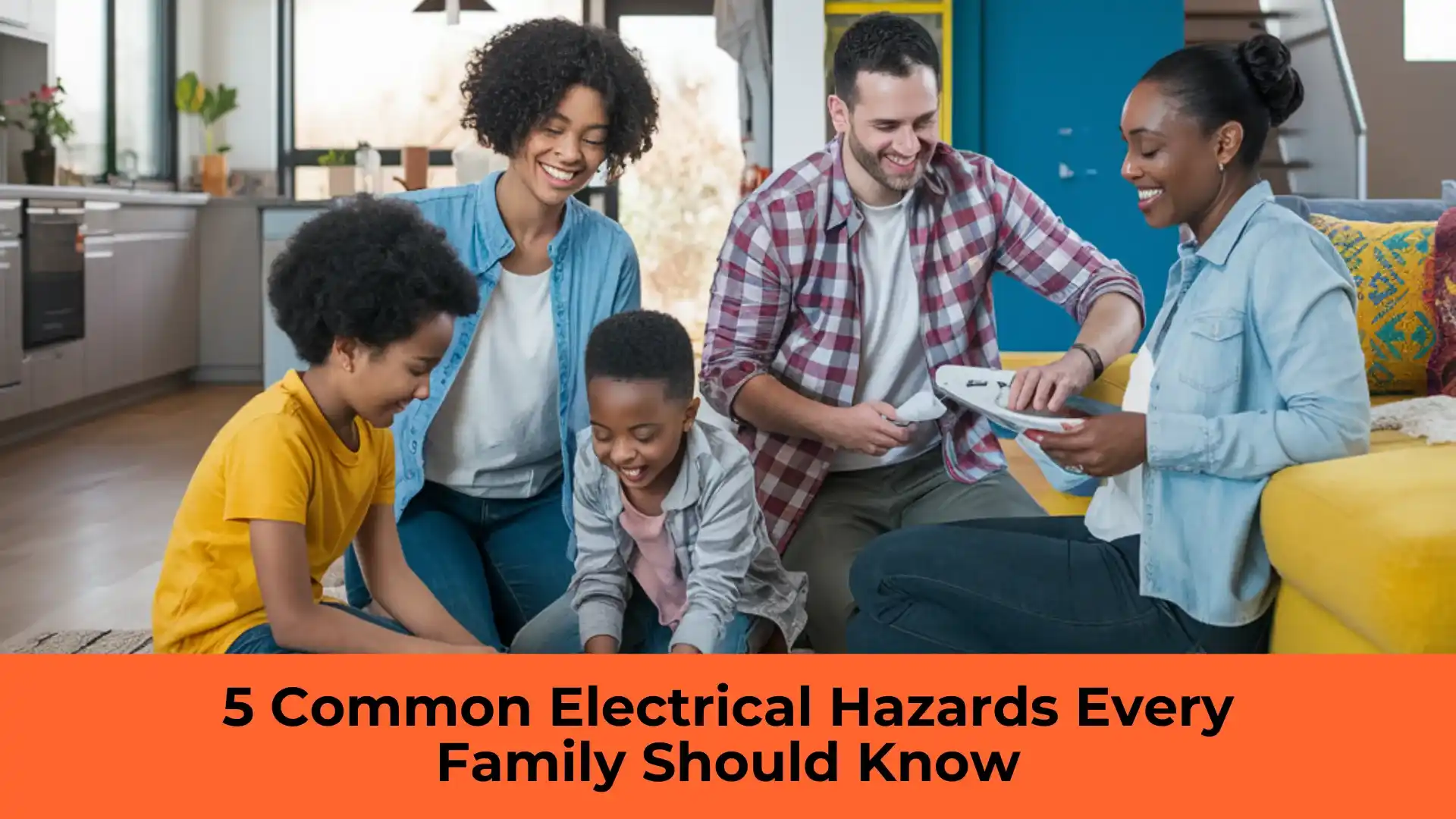Electrical hazards often go unnoticed until too late, putting your family at risk. From overloaded circuits to frayed wires, your home’s electrical system may be hiding dangers that could lead to fires or electric shocks. This post outlines five common electrical hazards that every family should be aware of and tips on addressing them to keep your home safe.
1. Overloaded Circuits
One of the most common causes of electrical fires is overloaded circuits. Plugging too many devices into a single outlet or extension cord can overheat the system, leading to fires or appliance damage.
Solution: To prevent overloading, avoid using multiple high-power devices on the same outlet, and consider upgrading your electrical system to handle your home’s current power demands.
2. Frayed or Damaged Wires
Over time, wires can become worn, frayed, or damaged by pests or environmental conditions. These wires are a significant fire hazard, especially when left uninspected.
Solution: Regularly check your home’s wiring for signs of wear. Call a professional electrician to replace any damaged wires immediately if you find any damaged wires.
3. Outdated Wiring
Many older homes still have outdated wiring systems that aren’t equipped to handle the electrical demands of modern appliances and devices. This increases the risk of overheating and fires.
Solution: Have a licensed electrician inspect your home’s wiring and recommend any necessary upgrades to ensure your system meets modern safety standards.
4. Improper Grounding
Proper electrical system grounding is crucial to prevent electric shocks, especially during power surges or thunderstorms. Improper grounding can lead to electrical accidents that could harm your family.
Solution: Ensure that all electrical outlets and systems are properly grounded. A electrical repair salem OR and professional electrician can inspect and correct any grounding problems if you suspect an issue.
5. Water and Electricity Don’t Mix
Electrical outlets and devices near water sources, such as bathrooms or kitchens, pose a high risk of electric shock if they come into contact with water.
Solution: Install ground fault circuit interrupter (GFCI) outlets in areas where water and electricity are nearby. These outlets can automatically shut off power during a ground fault, preventing shocks.
Stay Safe and Be Proactive
Electrical hazards can be deadly, but with regular inspections and maintenance, they can be easily avoided. If you’re unsure about your home’s electrical safety, it’s always best to consult a licensed electrician. Protect your family by staying informed and proactive regarding electrical safety.
READY TO GET STARTED?
If you’re ready to make your home more energy-efficient, contact us today for a consultation. Our experts at Safety Home Services will guide you through the best solutions tailored to your specific needs.





